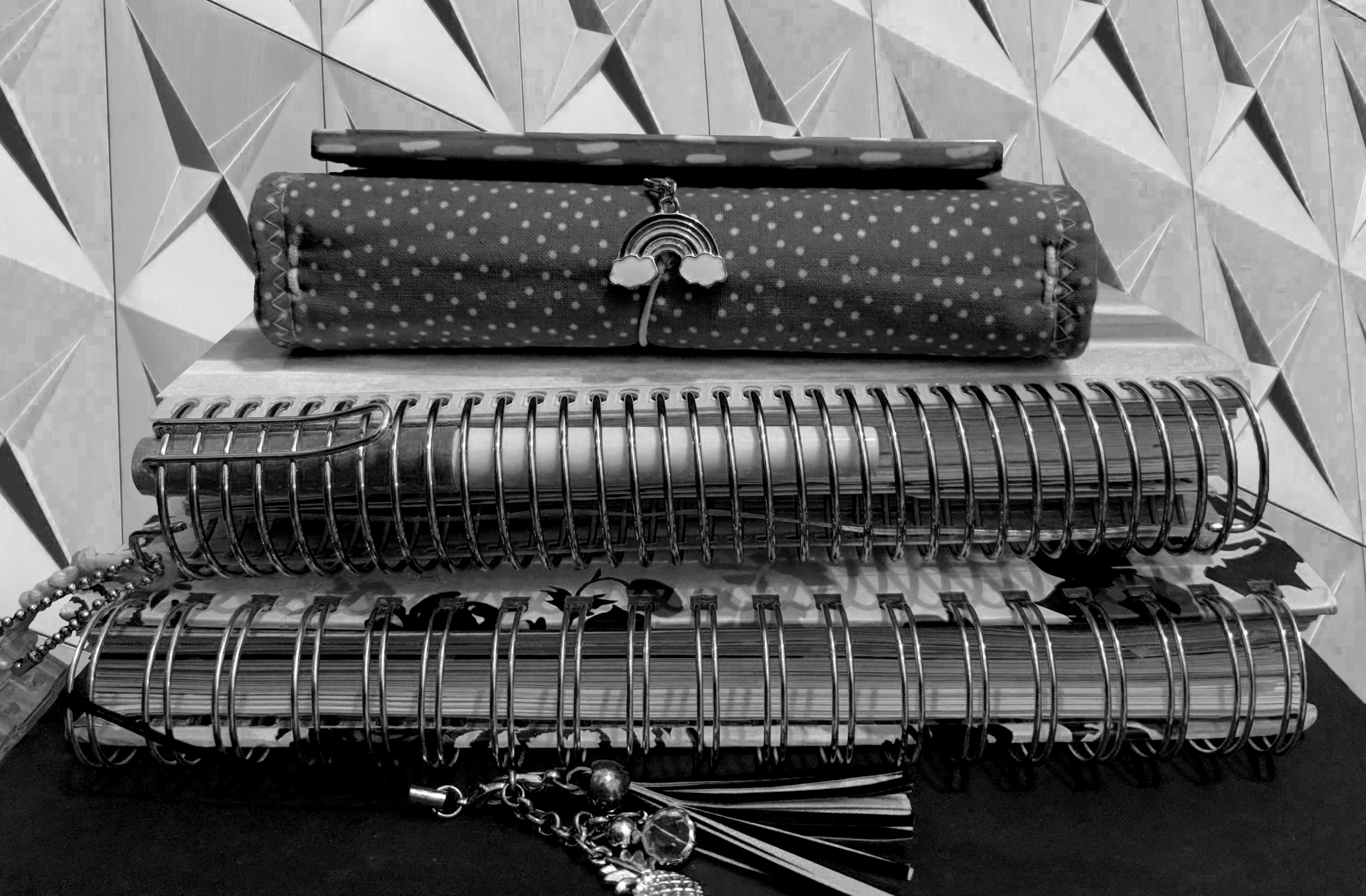It’s the new year, and that means it’s the culturally expected time to try and get your life together. Actually following through on your New Year’s resolutions is hard, but if you want to start new habits or create a new routine for yourself, it helps to set some kind of schedule. One of the first things you can do to create a schedule is to get a planner. Whether this is a wall calendar, notebook-style planner, or digital planner, writing down what you’re doing every day is the first step.
Each type of planner has its upsides and downsides.
Many people have a monthly calendar hanging in their house. This is nice, because it provides an easy way to look at your entire month at once, but it’s definitely not portable and there’s not a lot of space to write down multiple events for each day.
Notebook-style planners come in a wide range of sizes, time periods, and styles, from daily agendas the size of bricks to monthly planners that fit in your pocket. Monthly planners are pretty much just a portable wall calendar with even less space, but they can be useful if you only want to use them to track studying and due dates. Daily agendas are useful if you have a lot of things to do in your day, but they’re usually pretty heavy when you buy them and only get heavier the more you add to them.
Digital planners, on the other hand, come in all forms because they aren’t constrained by what you can do with paper. The default calendar apps for both Apple and Android have a daily view that lets you add entries by the half hour which you can make recurring, and can send push notifications so you don’t have to remember what time your class is every week. It’s definitely the most convenient, but most planner apps aren’t very cute or customizable.
My preferred type of planner is a paper hourly planner in which each two-page spread is one week. It lets me plan exactly what I’m doing during my day and makes sure that I know exactly how long my obligations are going to last. I started using one last June and it made me realize how much time I was wasting in my day. I had always felt like I had no time for anything, but being able to look at a visualization of my week helps me feel less anxious about how much I’m doing because I know I have time to do it. I tried using a digital planner, but I got distracted by my notifications every time I looked at my phone and forgot what I was going to write down. Plus, paper planners are definitely more in-class friendly. Getting the evil eye from your professors while trying to write down your due dates in your digital calendar makes you feel bad for trying to be more organized.
Whatever type of planner you may choose, you can use it to gain a visual representation of what you’re already doing and see where you have time in your week to accomplish your goals for the new year. I hope that if you were thinking about how to make your schedule a little more organized, this might help you figure some of it out.
Image: Beru Bell/The Cascade


